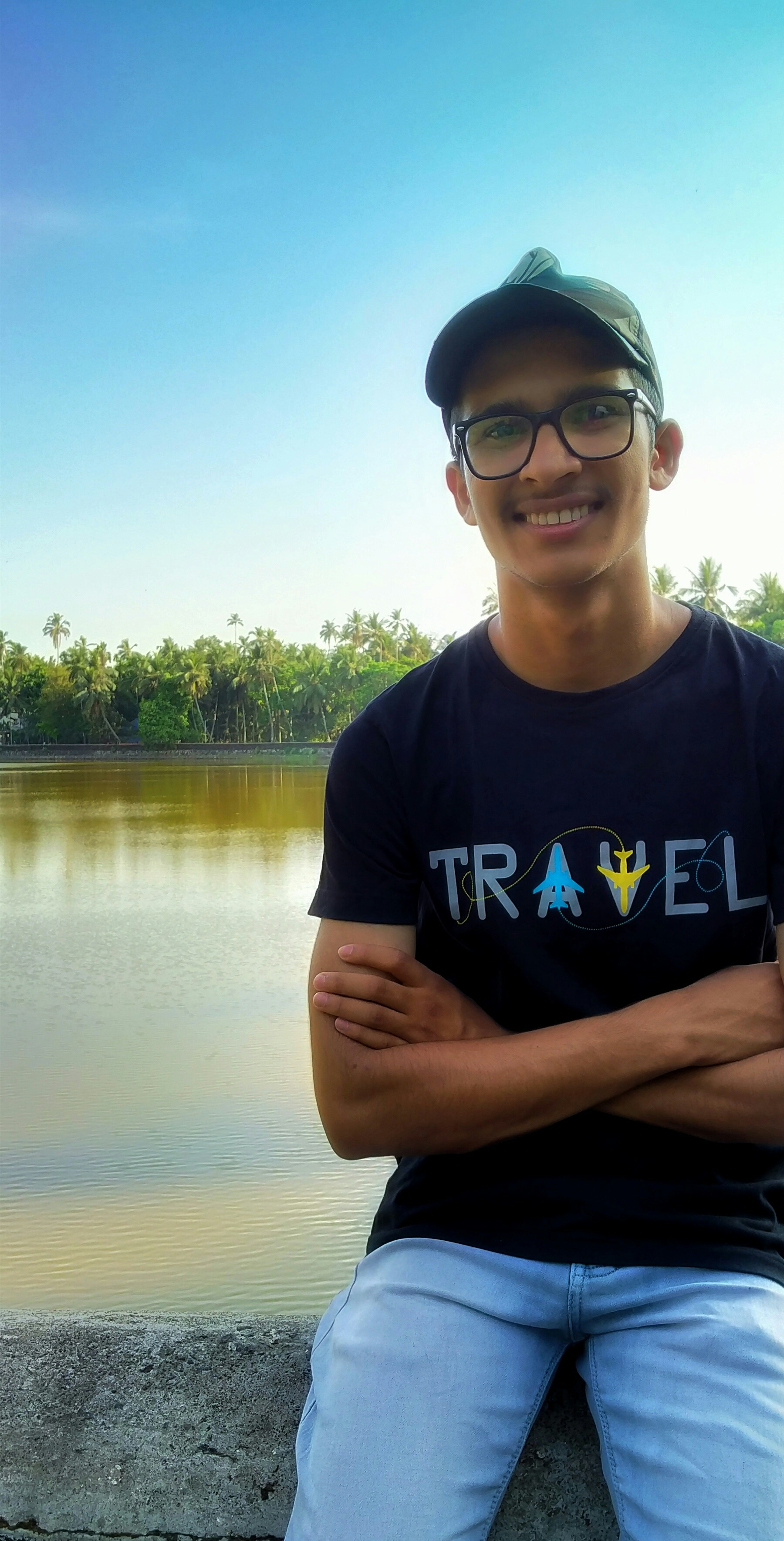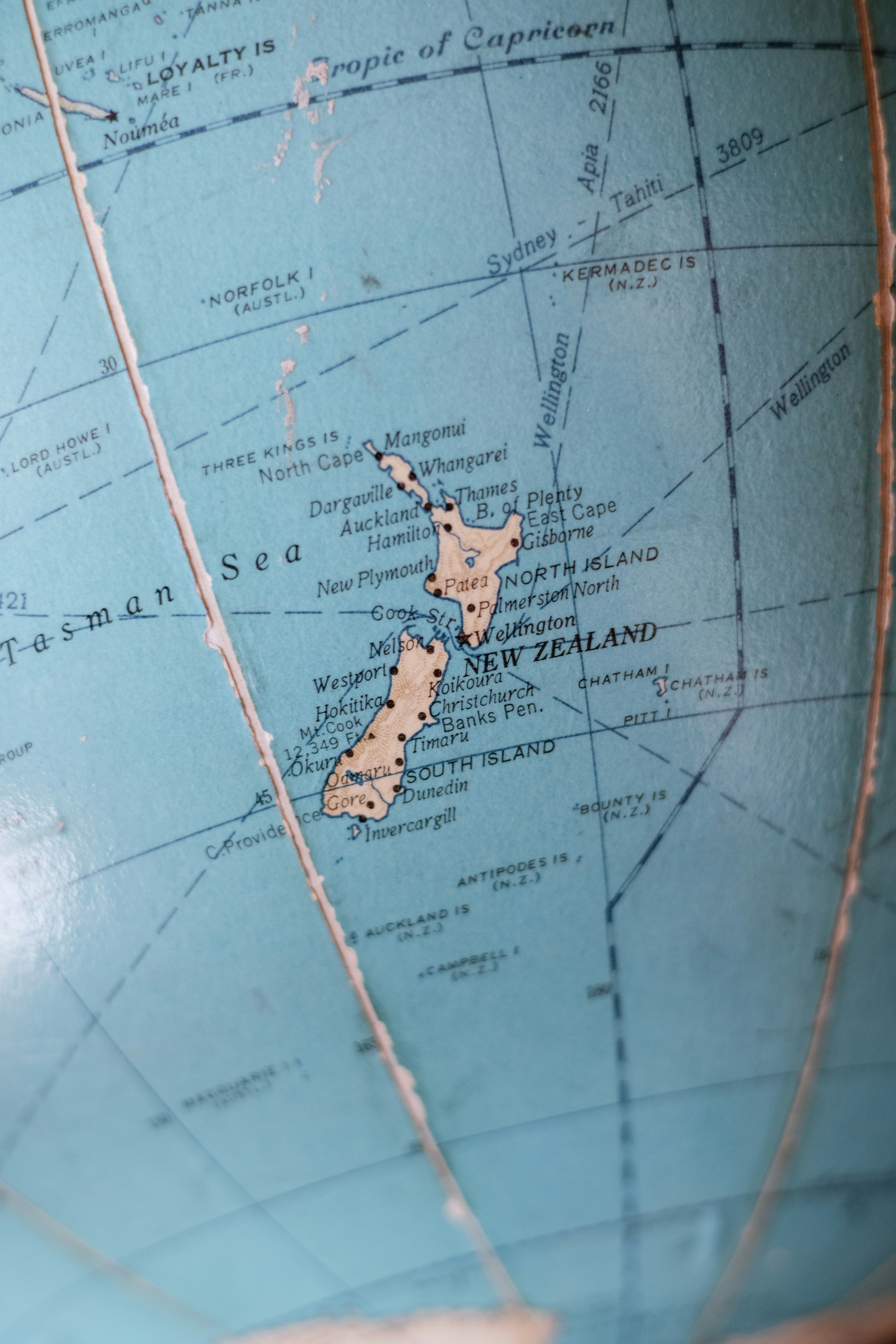
Introduction to Gap Year Travel
A gap year is defined as a period, typically lasting from a few months to a year, during which an individual takes a break from their academic or professional pursuits to travel and explore new environments. This trend has seen a significant rise in popularity over the past decade, as more people recognize the value of stepping away from traditional pathways to gain firsthand experiences and insights. Individuals often choose to engage in gap year travel as a means to broaden their horizons, engage with diverse cultures, and develop a deeper understanding of the world around them.
The motivations for taking a gap year to travel can vary widely among individuals. For many, the desire for adventure and exploration is a primary driving force. Traveling allows people to break free from the confines of their routine and embrace the spontaneity and excitement of new experiences. Additionally, individuals often seek personal growth during this time. Exposure to different cultures, languages, and lifestyles can lead to increased self-awareness, adaptability, and confidence. Such transformative experiences can be instrumental in shaping one’s identity and future aspirations.
It is essential to address some common misconceptions surrounding gap year travel. Some critics argue that taking a year off may disrupt one’s educational or career trajectory, potentially leading to lost opportunities. However, research has shown that many individuals who embark on gap year experiences return with renewed focus and clarity regarding their goals. Moreover, skills gained during this time—such as problem-solving, intercultural communication, and resilience—are highly valued by employers and academic institutions alike. Therefore, addressing these myths is crucial in appreciating the multifaceted benefits of taking a gap year to travel.
Personal Growth and Self-Discovery
Taking a gap year to travel can significantly contribute to an individual’s personal growth and self-discovery. Immersing oneself in various cultures allows for a multifaceted view of the world, often translating into enhanced self-awareness. When people venture into new environments that challenge their preconceived notions, they often find themselves altered in much more profound ways than initially anticipated. Such experiences help cultivate an open-minded attitude, which is crucial in today’s globalized society.
During their travels, individuals routinely encounter situations that involve navigating unfamiliar territories and interacting with people from diverse backgrounds. This necessity of adaptation not only develops problem-solving skills but also instills resilience and confidence. For instance, many travelers recount experiences of overcoming language barriers or logistical challenges, which ultimately foster a sense of independence. These moments can be transformative, as they push individuals out of their comfort zones, compelling them to confront fears and insecurities head-on.
Numerous personal anecdotes highlight the profound impact of travel on personal development. One traveler shared that a solo trek across Southeast Asia transformed her perspective on her capabilities and strengths. Stranded in a foreign city due to unexpected circumstances, she learned the importance of resourcefulness, ultimately resulting in a newfound confidence that influenced her academic and professional choices. Such stories are not uncommon; many find that travel fosters a greater emotional intelligence, as they learn to empathize with others’ experiences and perspectives.
Ultimately, a gap year to travel serves as an invaluable opportunity to explore the self in tandem with the world. Engaging deeply with unfamiliar cultures and diverse narratives helps individuals discover who they are beyond their environmental limits, leading to a more informed, mature self before continuing their life journey.
Cultural Immersion and Education Beyond the Classroom
Taking a gap year to travel offers an exceptional opportunity for cultural immersion, which can be an enriching educational experience distinct from traditional academic environments. As individuals step outside their comfort zones, they become exposed to new languages, customs, and social structures that broaden their worldview. This hands-on learning approach fosters a deeper understanding of various cultures, enabling travelers to appreciate the nuances and intricacies of life different from their own. For many, this exposure acts as an antidote to the limitations of textbook education, providing insights that are often overlooked in conventional schooling.
Engaging directly with diverse cultures facilitates the acquisition of new languages. Whether by participating in local language classes or simply engaging in conversation with residents, the practical use of a new language in its cultural context enhances linguistic skills far beyond what is typically achieved in a classroom. This immersion not only helps develop language proficiency but also builds confidence in communication, a vital skill in today’s globalized society.
Moreover, gap year travel equips individuals with essential life skills such as adaptability and problem-solving. When faced with the unexpected—such as navigating transportation systems in a foreign country or addressing barriers in communication—travelers learn to think on their feet and find solutions creatively. These experiences enhance resilience and promote a more proactive approach to challenges that may arise in academic or professional settings.
The social interactions encountered while traveling also hone interpersonal skills and cultural sensitivity. Collaborating with individuals from varied backgrounds creates an understanding of different perspectives, fostering empathy and respect. This social education often proves invaluable, as the ability to communicate and work effectively in diverse teams is increasingly sought after in many fields.
Practical Considerations and Planning Your Gap Year
Planning a gap year to travel requires a thoughtful approach to ensure a rewarding and enjoyable experience. One of the first steps in this process is budgeting. It is important to assess your financial situation and estimate costs related to transportation, accommodation, meals, activities, and travel insurance. Creating a comprehensive budget can help you prioritize where to allocate your funds and identify potential sources of financial support, such as scholarships or part-time work.
When preparing your travel itinerary, consider not only the destinations you wish to visit but also the duration of your stay in each location. Balancing exploration with rest is crucial. Research various places to select those that align with your interests, whether it be cultural experiences, natural landscapes, or opportunities for adventure. Taking time to learn about local customs and languages can enrich your travel experience and ease interactions with residents.
Safety is another paramount consideration while planning your gap year. Always stay updated on travel advisories and health concerns pertinent to your intended destinations. Registering with your government’s travel program can enhance your safety while traveling abroad. It is also wise to outline an emergency plan, including accessible contacts and local emergency numbers.
In addition to enriching personal experiences, many travelers opt to engage in volunteer opportunities during their gap year. Numerous organizations offer programs that allow you to contribute meaningfully while immersing yourself in new cultures. Research options that align with your skills and interests, and remember to consider the ethical implications of your involvement.
Ultimately, meticulous planning and thorough research will help ensure that your gap year is both fulfilling and memorable, blending travel with personal growth. With careful consideration of budgeting, itineraries, safety, and volunteer work, your gap year can be a transformative journey that leaves a lasting impact.


